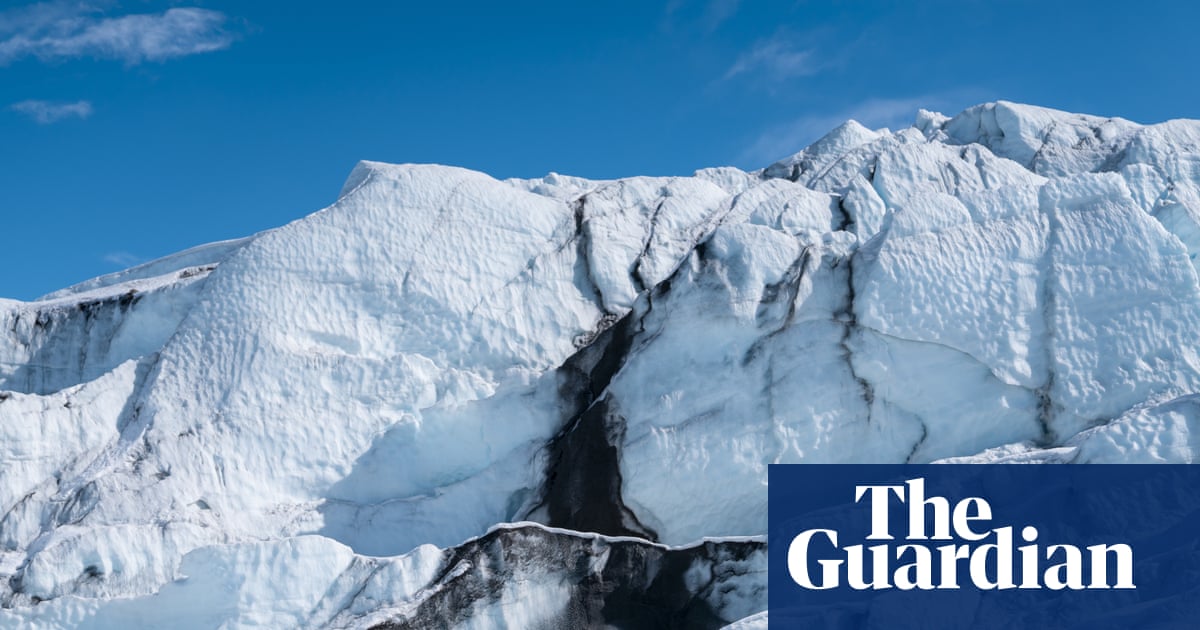
"About 700 million years ago, Earth likely experienced a global freeze known as Snowball Earth, characterized by minimal liquid water exposure, even in the tropics."
"The Franklin eruptions, occurring 720 million years ago, released extensive fresh rock and coincided with an already cold climate, influencing Earth's transition into snowball conditions."
"Massive volcanic eruptions, absent of plant life, exposed fresh rock to weathering, leading to significant carbon dioxide removal from the atmosphere."
"Future volcanic eruptions of a similar scale did not cause similar snowball conditions, as they occurred during hotter climate periods or with vegetation present."
About 700 million years ago, Earth underwent a complete freeze known as Snowball Earth, with minimal exposed liquid oceans. This climate shift was driven by the Franklin volcanic eruptions, which occurred around 720 million years ago. These eruptions released vast amounts of fresh rock in cold climates, significantly influencing weathering processes. With no plants to impede erosion, this weathering removed substantial carbon dioxide from the atmosphere, resulting in colder temperatures. Other similar eruptions in Earth's history did not lead to snowball conditions due to warmer background climates or vegetation present at those times.
Read at www.theguardian.com
Unable to calculate read time
Collection
[
|
...
]